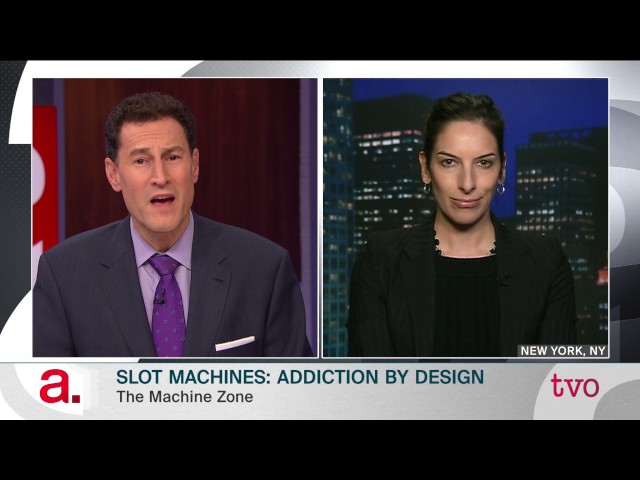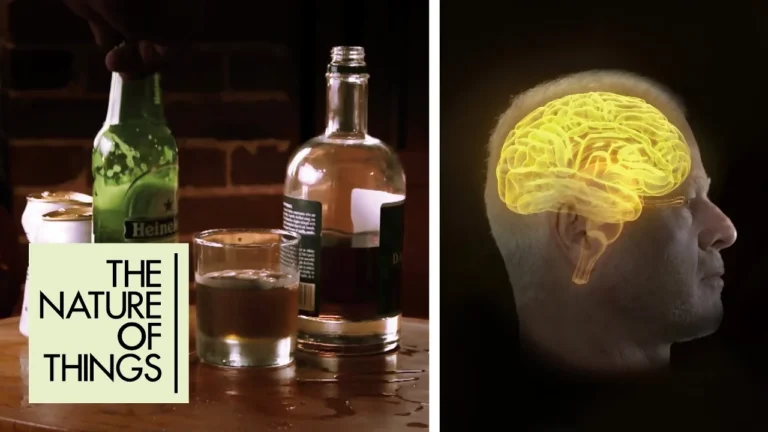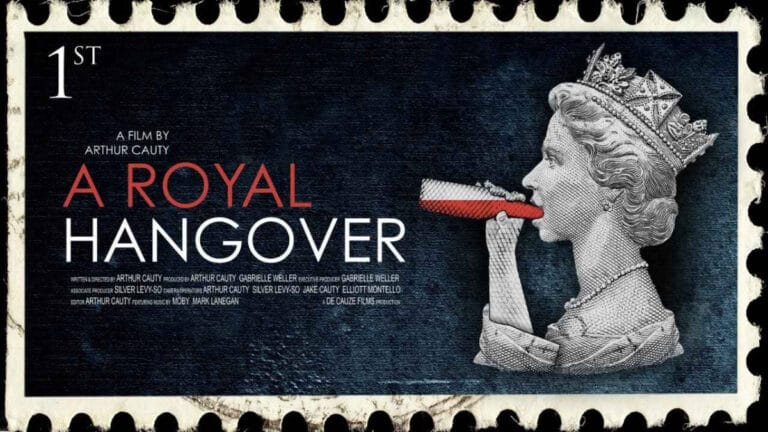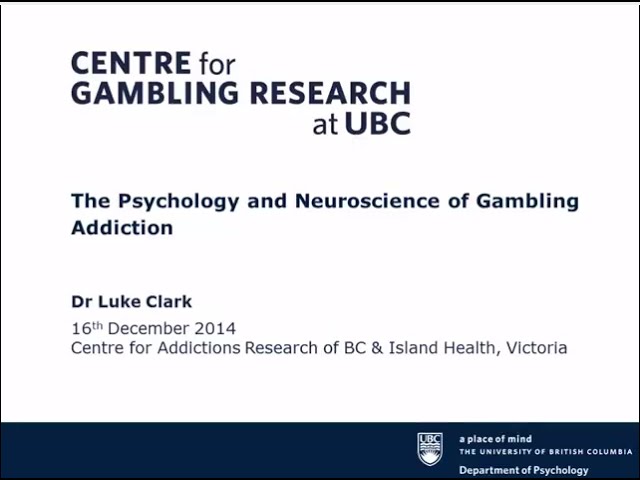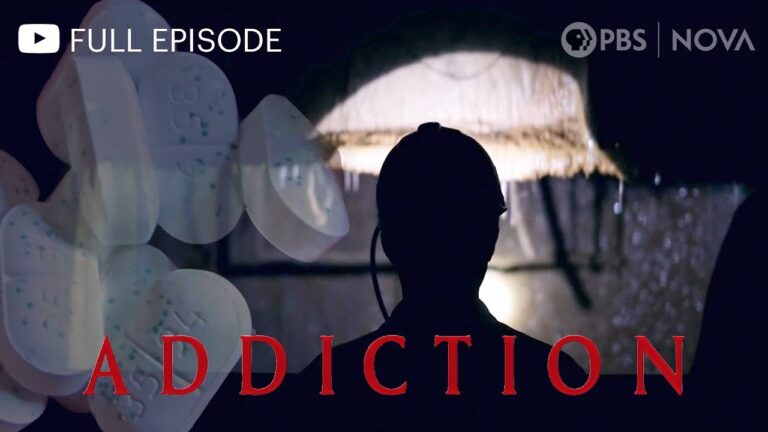Introduction
This podcast with Dr. Andrew Huberman, a professor of neurobiology and ophthalmology at Stanford School of Medicine, discusses what alcohol does to your body, brain, and overall health. Some topics include (1) the physiological effects of alcohol on your brain and body, (2) genetic differences that predispose some people to alcoholism, (3) alcohol metabolism and how it acts as a poison, (4) the impact it has on neuronal functioning, thus changing our thinking and behaviour, (5) the impacts on inflammation, stress, neurodegeneration, gut microbiome, brain thickness, mood, and more. It is a 2-hour podcast that dives deep into this topic and provides an interesting and easy-to-understand look at how alcohol effects your brain and body.
Watch Now!
Quotes
“When you drink alcohol, it can pass into all the cells and tissues of your body. It has no trouble just passing right into those cells … it can pass into so many organs and cells so easily.”
“When people drink, the prefrontal cortex and top-down inhibition is diminished, that is, habitual behaviour and impulsive behaviour start to increase … because the brake on those behaviours has been removed while they’re drinking, but also changes in the very neural circuits that allow habitual and impulsive behaviour to occur more readily even when they’re not drinking.”
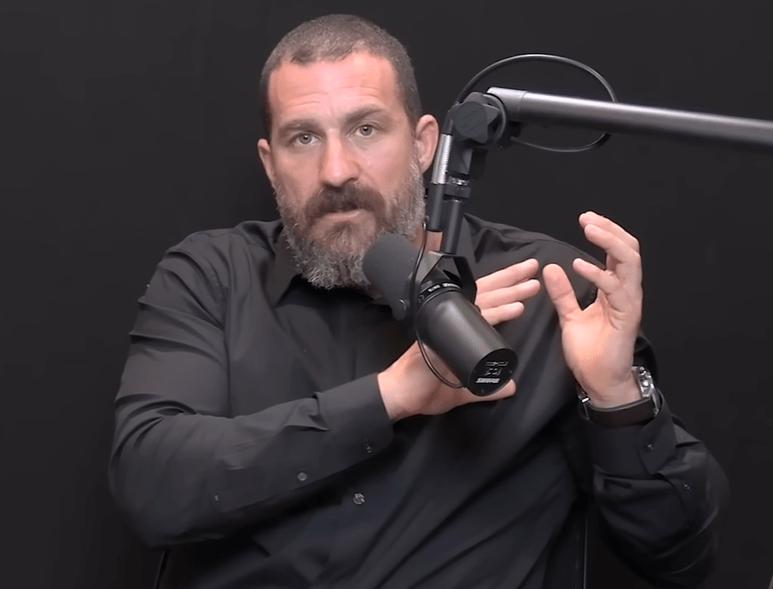
“I think most people don’t realize that being drunk is actually a poison-induced disruption in the way that your neural circuits work.”
DR. ANDREW HUBERMAN
“When we ingest alcohol, the toxic effects of alcohol disrupt those mood circuitries, at first making them hyperactive. This is why people become really talkative, people start to feel really good after a few sips of alcohol, at least most people do.”
“The hypothalamic-pituitary-adrenal axis maintains your physiological balance of what you perceive as stressful and what you don’t perceive as stressful … experience increases in cortisol release from their adrenal glands when they are not drinking, and as a consequence, they feel more stressed.”
“So for those of you that are drinking a glass or two of wine or having a hard liquor drink or a beer in order to fall asleep, the sleep you’re getting is simply not high-quality sleep, or certainly not as high-quality as the sleep you’d be getting if you did not have alcohol in your system.”
Continue Learning
Hey there! I hope you found this resource useful! If you’re interested in learning more about some of the topics discussed, you can browse through these additional resources. Please don’t hesitate to contact me if you need help with anything else.
Alcohol
- 2-Minute Neuroscience: Alcohol
- A Brief History of Alcohol
- Alcohol’s Role in Gastrointestinal Tract Disorders
- Alcohol Withdrawal Timeline
- Effects of Alcohol Use
- How Alcohol Affects Your Body
- How Alcohol Changes Your Body
- How Does Alcohol Cause Hangovers?
- How Does Alcohol Make You Drunk?
- How Is Alcohol Made and Distilled?
- How to Calculate a Standard Drink
- Is Alcohol Harming Your Stomach?
- Knowing Your Limits with Alcohol [PDF]
- Risks, Dangers, and Effects of Alcohol on the Body
- This is Why You Get Hungover
- What Are the Effects of Alcohol on the Body?
- What Effect Does Alcohol Have On Your Health — And Your Liver?
Share Your Opinion
If you have finished reviewing this resource and have some spare time, I would greatly appreciate it if you could provide your opinion. Was it useful and informative? Did you run into any problems or find something distasteful? I’m thankful for any constructive and helpful feedback to help me improve.
* Your review will be for this specific post and as a result will affect the star rating of the resource. All submissions are reviewed for approval to filter out spam and inappropriate comments. Your email is requested as I may want to follow-up with you. Please also be aware that your review may be placed publicly on this website for others to read.
There are no reviews yet. Be the first one to write one.
